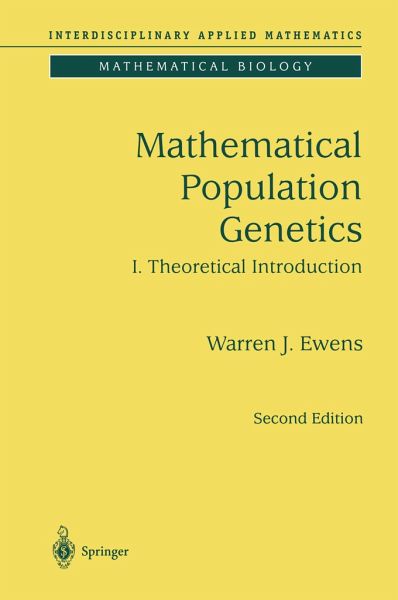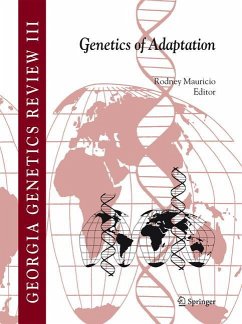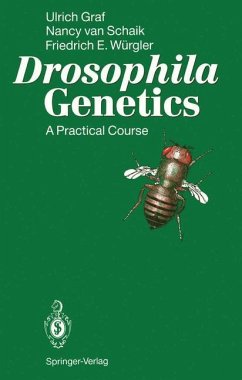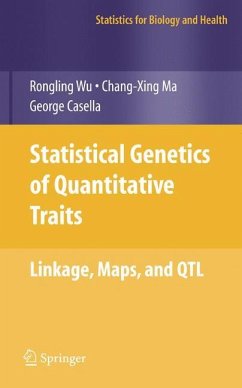
Mathematical Population Genetics 1
Theoretical Introduction
Versandkostenfrei!
Versandfertig in 1-2 Wochen
122,99 €
inkl. MwSt.
Weitere Ausgaben:

PAYBACK Punkte
61 °P sammeln!
Population genetics occupies a central role in a number of important biological and social undertakings. It is fundamental to our understanding of evolutionary processes, of plant and animal breeding programs, and of various diseases of particular importance to mankind.This is the first of a planned two-volume work discussing the mathematical aspects of population genetics, with an emphasis on the evolutionary theory. This first volume draws heavily from the author's classic 1979 edition, which appeared originally in Springer's Biomathematics series. It has been revised and expanded to include...
Population genetics occupies a central role in a number of important biological and social undertakings. It is fundamental to our understanding of evolutionary processes, of plant and animal breeding programs, and of various diseases of particular importance to mankind.
This is the first of a planned two-volume work discussing the mathematical aspects of population genetics, with an emphasis on the evolutionary theory. This first volume draws heavily from the author's classic 1979 edition, which appeared originally in Springer's Biomathematics series. It has been revised and expanded to include recent topics which follow naturally from the treatment in the earlier edition, e.g., the theory of molecular population genetics.
This book will appeal to graduate students and researchers in mathematical biology and other mathematically-trained scientists looking to enter the field of population genetics.
This is the first of a planned two-volume work discussing the mathematical aspects of population genetics, with an emphasis on the evolutionary theory. This first volume draws heavily from the author's classic 1979 edition, which appeared originally in Springer's Biomathematics series. It has been revised and expanded to include recent topics which follow naturally from the treatment in the earlier edition, e.g., the theory of molecular population genetics.
This book will appeal to graduate students and researchers in mathematical biology and other mathematically-trained scientists looking to enter the field of population genetics.














